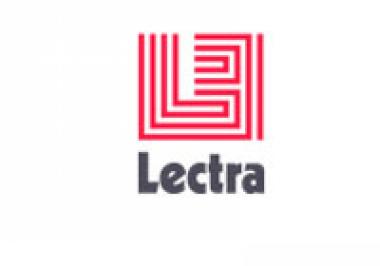Lectra, ESTIA, the Today Tomorrow Textiles Foundation and JPS Conseil launch the ‘Biarritz Active Lifestyle Integral’ Chair
Over three years, this new Chair aims to help the fashion industry’s eco-system—from textile design to clothing sales—transform challenges coming from new ways of living and consuming into economic opportunities.
“How to find and develop sustainable materials which will open up new markets for companies in the sector? Which technologies to invent to make the most of these new materials? How to organize the factory of the future to meet new consumer expectations, such as customization? It’s an entire economy that we aim to develop around emerging industries,” explains Jean-Pierre Mocho, the founder of JPS Conseil and former President of the French federation for women’s ready-to-wear. “There are many opportunities to seize, on condition that all the players, both old and new, work together.”
To help textile and apparel companies to innovate, the Chair will combine knowledge sharing with open innovation. In particular, a technical training facility will adapt and pass on material-related savoir-faire. “This Chair will help us to better understand the changes that are necessary in the sector, to anticipate innovations and to circulate knowledge worldwide,” underlines Patxi Elissalde, director, ESTIA. “Based in Biarritz and founded with a long-term vision, this Chair will dive into user behaviors, materials and components, manufacturing technologies and services, the digitalization of processes, and the distribution of products, from clothes to accessories.”
This approach will also foster interactions between different professions in order to stimulate creativity. Inspired by overarching principles in the collaborative and circular economy, the Chair also aims to capitalize on advances in research, from frugal or disruptive innovation.
Lectra, Today Tomorrow Textiles Foundation
Lectra






